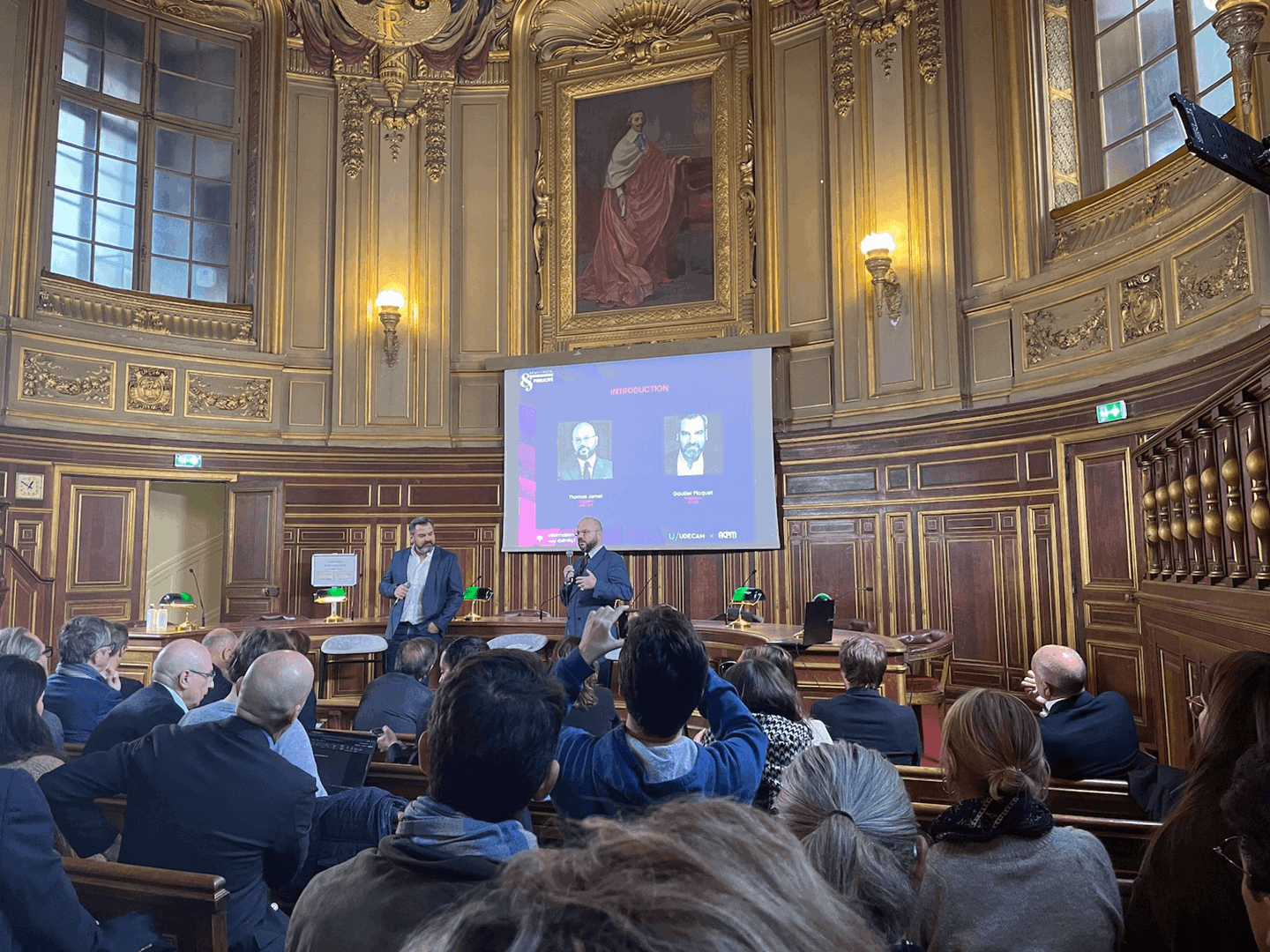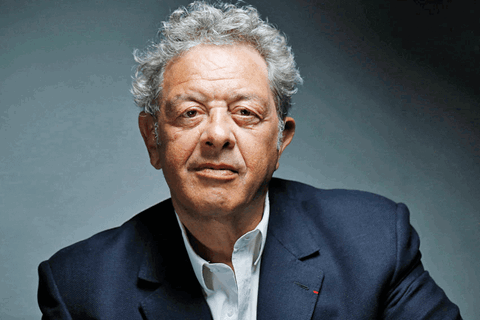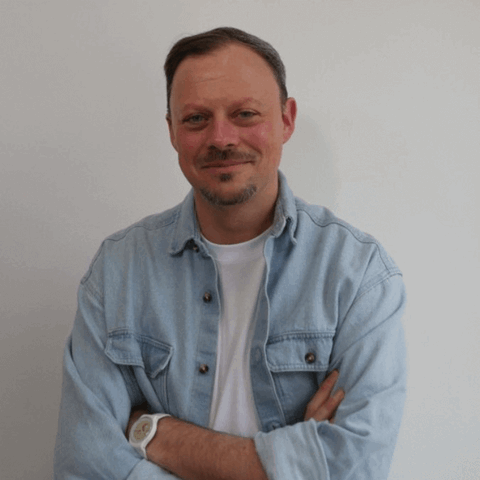We began by discussing Florens’ leadership at UDECAM, an organisation representing 33 agencies that manage over €9 billion in billings. Florens described UDECAM’s pivotal role as an intermediary between advertisers, media outlets, and agencies.
“Our mission is to champion agencies' interests while fostering industry-wide collaboration,” she explained.
Under her leadership, UDECAM has prioritised initiatives to promote sustainability, support local journalism, and drive innovation. Florens emphasised the importance of collaboration:
“By 2025, agencies must not only adapt to change but actively shape it by building bridges between traditional and digital platforms. UDECAM is committed to ensuring that the value of media agencies and their contributions to democracy, sustainability, and innovation are recognised and supported.”
Democracy and the press: a call to action
Florens expressed her pride in the Colloque 'Démocratie, Information & Publicité', held at the Sorbonne in April 2024. Organised by UDECAM and ACMP, the event brought together media leaders, academics, and stakeholders to address one of the most pressing issues in the French media landscape: the future of democracy and the press.
Note: While Magali Florens referenced this colloquium during our interview, I wanted to delve deeper into this topic because France is quite unique in its support for media, with initiatives driven directly by the president.
This event featured prominent voices who highlighted the challenges and opportunities for democracy and the press. As Gautier Piquet (Publicis Media Group) and Thomas Jamet (IPG Mediabrands) explained, digital platforms now absorb 80% of global advertising revenue growth, causing a 70% decline in press advertising revenue over the past decade.
“This shift jeopardises traditional media’s capacity to sustain investigative journalism and weakens the press as a democratic pillar.”
Philosopher Raphaël Enthoven (Frantireur) underscored the importance of the press in fostering critical thinking and exposing audiences to diverse viewpoints. He warned against “uberisation” and self-censorship, stressing the need for robust journalism to safeguard collective freedoms.
Nathalie Sonac (Sorbonne University) addressed the growing problem of “information deserts”—regions without access to local news—and their damaging effects on civic engagement. She called for regulatory measures, such as algorithmic transparency and public awareness campaigns, to combat these trends.
Christopher Baldelli (Public Sénat) contextualised these challenges within the framework of 'Les États Généraux de l’Information', a national initiative launched by President Emmanuel Macron. Its goals include “protecting free information from interference” and “ensuring sustainable funding for independent journalism and the production of documentaries.” Baldelli stressed the importance of collective action, advocating for stronger enforcement of neighbouring rights and fair taxation on GAFAM to rebalance the advertising ecosystem.
Finally, several speakers called for direct financial incentives to support local journalism. Proposals included tax credits for local advertisers, government subsidies for regional press, and collaborative initiatives to pool resources for investigative reporting. These efforts aim to ensure that the press, particularly at the local level, continues to play its essential role in informing the public and upholding democratic values.






